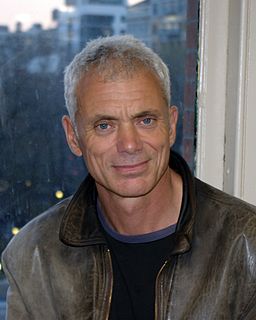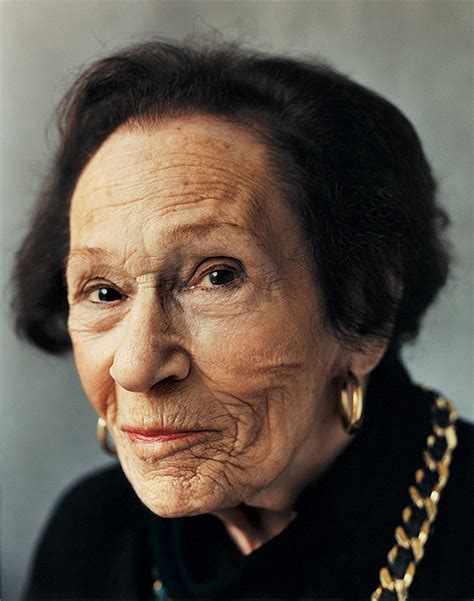A Quote by Ben Goldacre
Real science is all about critically appraising the evidence for somebody else's position.
Related Quotes
The only way to have real success in science, the field I'm familiar with, is to describe the evidence very carefully without regard to the way you feel it should be. If you have a theory , you must try to explain what's good and what's bad about it equally. In science, you learn a kind of standard integrity and honesty .
Religion is based upon blind faith supported by no evidence. Science is based upon confidence that results from evidence - and that confidence can be modified and/or reversed by further observations and experimentation. Science approaches truth, closer and closer, by hard dedicated work. Religion already has it all decided, and it's in the book. It's dogma, unchangeable, and unaffected by reality and whatever facts we come upon in the real world.
Pedagogy is not about training, it is about critically educating people to be self reflective, capable of critically address their relationship with others and with the larger world. Pedagogy in this sense provides not only important critical and intellectual competencies; it also enables people to intervene critically in the world.
I love seeing somebody act real earnest and serious, like Jackie Gleason. He makes me laugh because he reflects back to me my own serious-mindedness and how ridiculous it all is. It's always easier to see somebody else in that position than yourself, and you laugh. It's like the classic slipping on the banana peel, or someone getting hit by a pie in the face. Why do those things make us laugh? Is it from relief, like: Thank God it wasn't me? Or is it something else: I'm being very serious now. I'm pontificating earnestly and solemnly about-POW! PIE IN THE FACE! The bust-up of certainty.
People sometimes say that you must believe in feelings deep inside, otherwise you'd never be confident of things like 'My wife loves me'. But this is a bad argument. There can be plenty of evidence that somebody loves you. All through the day when you are with somebody who loves you, you see and hear lots of little tidbits of evidence, and they all add up. It isn't purely inside feeling, like the feeling that priests call revelation. There are outside things to back up the inside feeling: looks in the eye, tender notes in the voice, little favors and kindnesses; this is all real evidence.




































